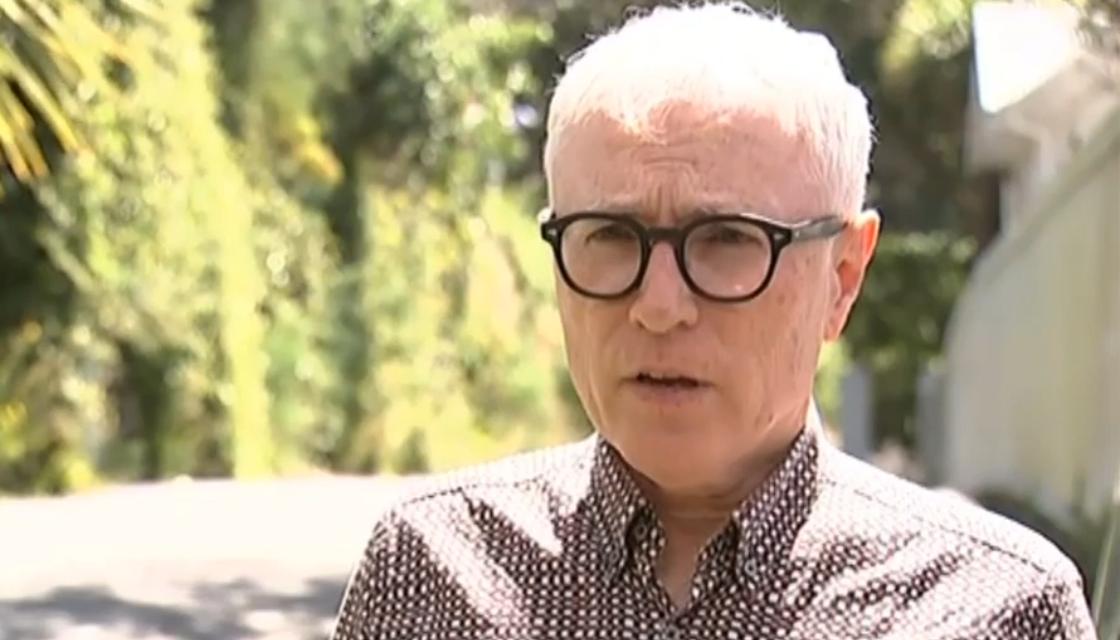Epidemiologist Professor Michael Baker wants New Zealand's border to stay shut in a bid to keep the COVID-19 variant Omicron out.
It comes as five new cases of the variant were found in MIQ on Sunday, taking Aotearoa's total to 13. No Omicron cases have been reported in the community.
Any passenger who travelled on a flight with an Omicron case must complete all 10 days of their isolation in a MIQ facility instead of spending the last three days at home.
But Prof Baker says New Zealand needs to review its border controls and opening up to Australia in January should be reconsidered.
"We have to really, I think, delay the border reopening plan for January next year I think at least a month at this stage to give us time to do a proper risk assessment on this variant," he says.
"We need to know more about this variant before we even think about allowing it to come into New Zealand."
Some countries have decided to make boosters available early given the rise of Omicron, and there are questions about whether New Zealand should be looking to do the same.
"We should really plan on the Omicron variant potentially escaping into New Zealand in the next few months, and we know that a booster not only protects you very well against Omicron but also the Delta variant," Prof Baker says.

Over eight million doses of COVID vaccines have been administered in New Zealand, with boosters now on the to-do list for many Kiwis.
"I got my booster shot the first day it was available on the Monday because we're healthcare workers," one person tells Newshub.
"[It will be] January or February next year, for my booster shot," another says.
But while vaccine numbers are hitting milestones, there's been a low turnout at some COVID-19 testing centres in Auckland.
"It started to slow down last week. The previous week we were averaging around 600, between 500 and 600 a day, which is a good number, but now it seems to have slowed down," says Mark Cortes, the acting site lead at the Ōtara testing centre.



